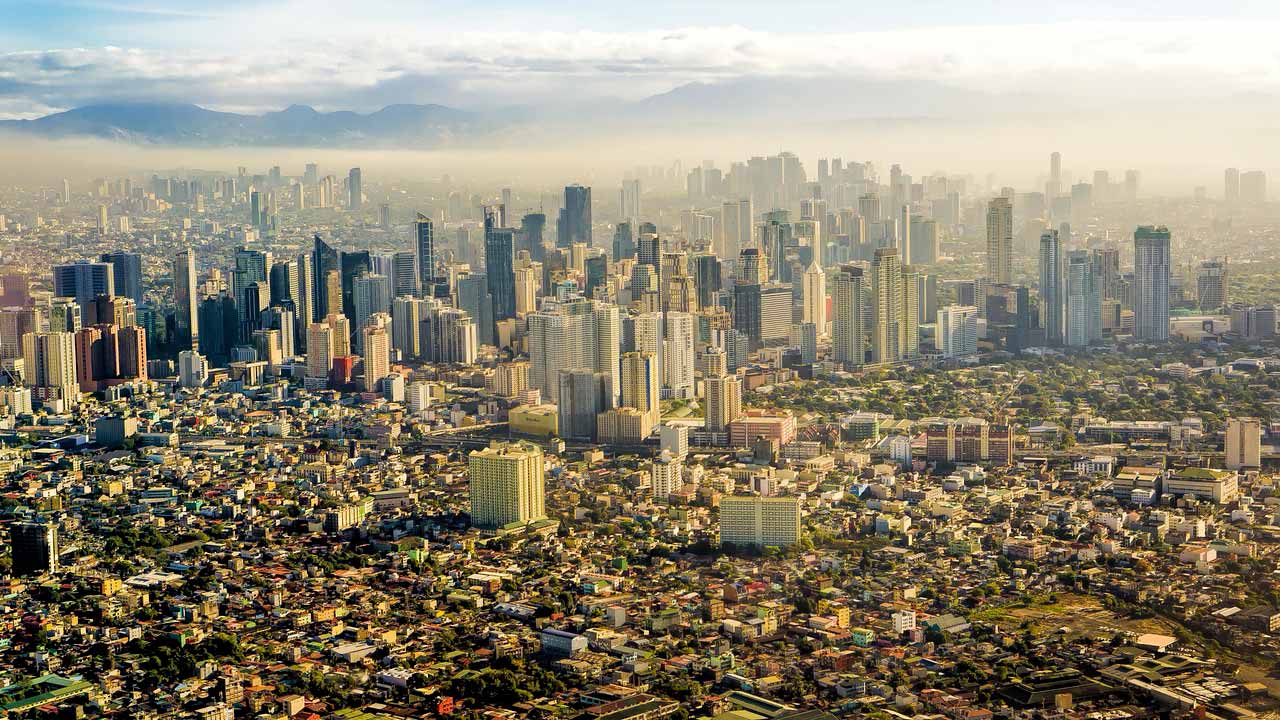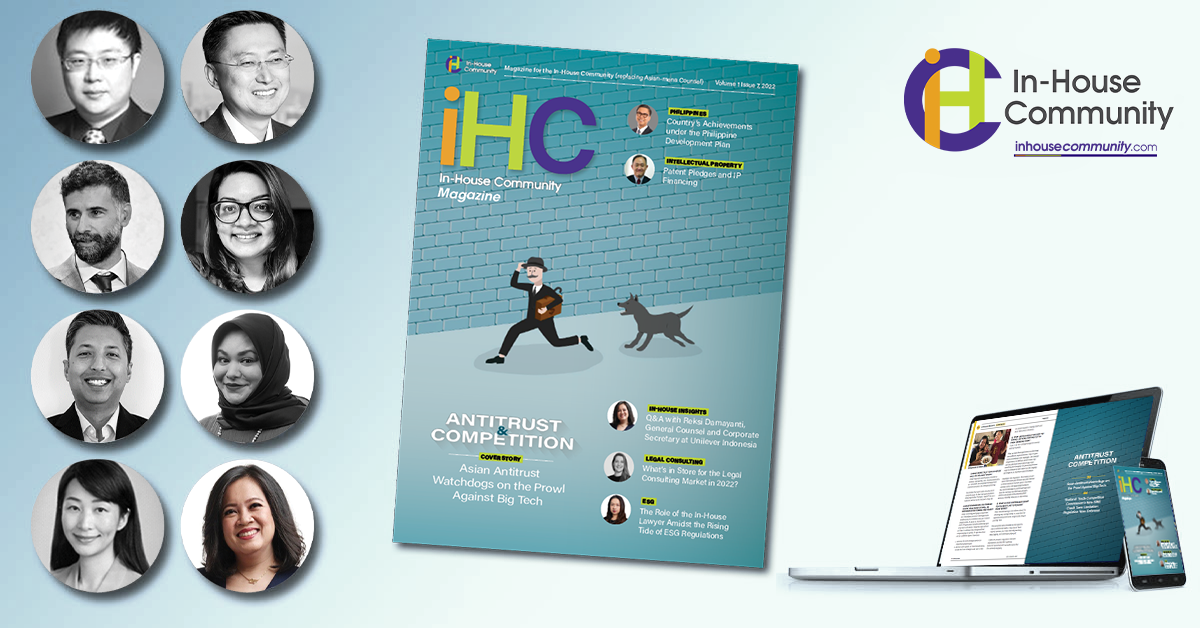
The National Economic Development Authority (NEDA) released in 2017 its five (5)-year Philippine Development Plan (Plan). It seeks to implement the lofty objectives of the Philippine Competition Act (PCA).
In detail, it aims to review potentially anti-competitive legislation and policies, analyze competition issues in priority sectors, investigate anti-competitive conduct and agreements, promote competition-related policies and best practices, and conduct capacity-building activities for government agencies and other institutions.
The Philippine Competition Commission (PCC) has made great strides in implementing the Plan. The pandemic has not deterred the PCC in fulfilling its mandate. It is worth mentioning its efforts having impact on businesses. It has taken a stand on significant competition law issues, as found in its numerous policy notes, affecting priority sectors. To date, it has trained its sights on rice, sugar, pharmaceutical, shipping, and construction industries.
In 2020, the Supreme Court (in Philippine Construction Accreditation Board (PCAB) Vs. Manila Water Company, Inc.) considered the PCC’s stand on the nationality restriction imposed on construction activities. It noted the PCC’s explanation that such restriction was unfair and a significant barrier to entry of foreign competition. This led the Supreme Court to invalidate the long-standing administrative rule limiting foreign contractors’ participation in the country’s construction activities. It is only a matter of time for this Supreme Court ruling to become final, and for PCAB to ultimately accede to this significant pronouncement.
The PCC is mandated to align the country’s competition policies with various regulatory requirements. Consistent with such mandate, the PCC has coordinated with different regulatory agencies and other administrative bodies and has concluded special arrangements with the country’s financial regulators, namely: the Securities and Exchange Commission, the Bangko Sentral ng Pilipinas, and the Insurance Commission. It has also aligned with the Department of Justice and the Office of the Ombudsman for its enforcement actions.
In the early years of PCA’s implementation, the PCC placed significant attention on the implementation of the country’s merger control regime. It is mandatory and suspensory, such that the transactions that meet the prescribed notification thresholds cannot be closed until the PCC’s approval is obtained, whether explicitly, or implicitly with the mere passage of time without action. The parties’ failure to comply with this requirement renders the transaction void, and they may be held liable for hefty administrative sanctions. The notification requirement covers not only typical mergers and acquisitions but also joint ventures resulting in control by all JV partners. Control, in this context, refers to competitively sensitive business actions.
It is no surprise the PCC has taken an overly cautious approach in the early years of its implementation. It has prevented, or imposed significant conditions on, major acquisitions. The PCC’s actions, at times, created inconveniences even on obviously non-competitive transactions. The PCC sensed this. As a dynamic agency, it clarified its position on land acquisitions, including foreclosure transactions. The same is true regarding business reorganizations. It also provided an exemption, subject to certain conditions, for Public-Private Partnership projects, whether solicited or unsolicited, and other NEDA sanctioned projects. Initially, the PCC shunned voluntary notifications but ultimately permitted such. It adopted an expedited review mechanism, although some expressed doubts as to its utility.
The merger review requirement has been streamlined and, temporarily at the height of the pandemic, liberalized. The pandemic limited the PCC’s merger review activities, as few had appetite in making acquisitions. The Bayanihan Law (RA 11494) partly contributed to this hiatus when it temporarily increased the threshold for compulsory notification, from P2.4 billion to P50 billion, up to September 2022, being the perceived end of the pandemic. Thereafter, the threshold will revert to the pre-pandemic amount, subject to the established periodic adjustment benchmarked on the country’s economic growth.
Following the lapse of the statutory grace period for businesses to adjust their practices, the PCC immediately focused on investigation of conduct and agreements that have long stifled competition. This has been done in tandem with its leniency or whistleblowing program, and capacity building for its personnel geared towards a robust enforcement action. The Supreme Court, in turn, has adopted the rule on administrative search and inspection. Notably, dawn raid requirements are similar to those for search and seizure. To date, there have been no known PCC initiated dawn raids. The Supreme Court has also decided on abuse of dominance cases involving relatively small players, although the country has yet to see its decision on a high-profile investigation.
This is the final year of the Plan and is the best time to step back to assess whether the PCC has been effective and successful in implementing the Plan and realizing the lofty objectives of the PCA.
Disclaimer: The views and opinions expressed in this article are those of the author. This article is for general information and educational purposes, and is not offered as, nor does it constitute, legal advice or legal opinion.
 Eric Recalde Eric Recalde
errecalde@accralaw.com Atty. Eric R. Recalde is the Head of the Tax Department and a Partner in the Angara Abello Concepcion Regala & Cruz Law Offices. He is a Certified Public Accountant. He ranked 11th in the September 1996 CPA Licensure Examinations. He also ranked 3rd in the 2002 Philippine Bar Examinations. |

ACCRALAW
22/F, ACCRALAW Tower, 2nd Avenue corner 30th Street, Crescent Park West,
Bonifacio Global City, 1635 Taguig, Metro Manila, Philippines
* This article was first published in the Feb 2022 issue of the IHC Magazine. You can read/download the magazine here.


















